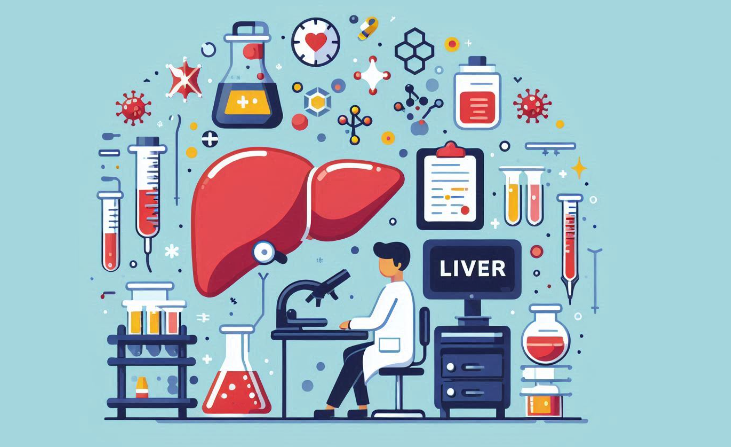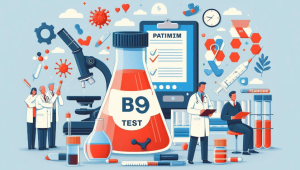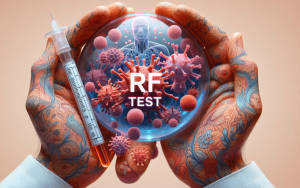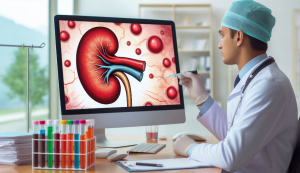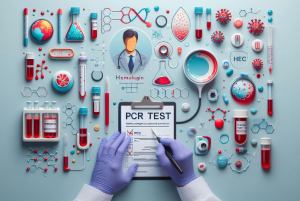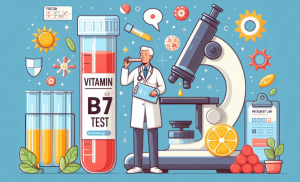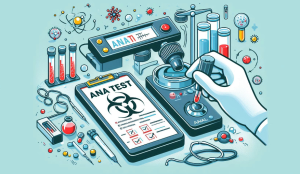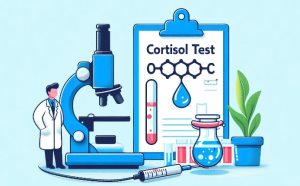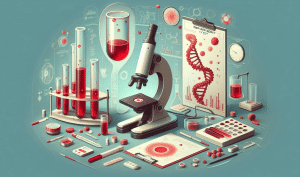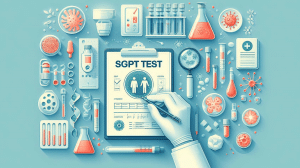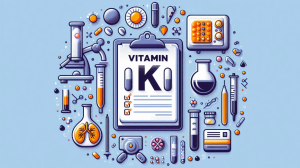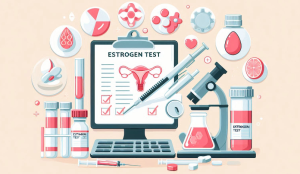What is a Liver Test?
A liver test, also known as liver function tests (LFTs), is a group of blood tests that assess how well your liver is functioning. The liver performs crucial tasks, including filtering blood, producing bile, storing glucose, and metabolizing various substances. These tests measure levels of specific enzymes and proteins in your blood, which can indicate liver health or potential problems.
Why Do You Need a Liver Test?
Liver tests are recommended in various situations:
- Routine health checkups: To screen for potential liver problems, especially if you have risk factors like alcohol use, family history of liver disease, or certain medications.
- Symptoms of liver disease: If you experience symptoms like jaundice (yellowing of skin and eyes), fatigue, abdominal pain, nausea, or dark urine, a liver test can help diagnose the underlying cause.
- Monitoring liver health: For individuals with known liver conditions or those taking medications that can affect the liver, regular liver tests are necessary to track liver function and identify any potential complications.
- Assessing medication effectiveness: To evaluate how well medications for liver diseases are working.
What Does a Liver Test Measure?
Liver tests measure several key substances:
- Alanine transaminase (ALT): An enzyme primarily found in the liver. Elevated levels often indicate liver damage.
- Aspartate aminotransferase (AST): An enzyme found in the liver and other organs. Increased levels might suggest liver damage or other health issues.
- Alkaline phosphatase (ALP): An enzyme found in the liver, bones, and other tissues. High levels may indicate liver disease or bile duct obstruction.
- Bilirubin: A waste product from the breakdown of red blood cells. Elevated levels can cause jaundice and suggest liver dysfunction or bile duct problems.
- Albumin: A protein made by the liver. Low levels can indicate decreased liver function.
- Total protein: Measures the total amount of protein in your blood, including albumin.
- Gamma-glutamyl transferase (GGT): An enzyme present in the liver and other tissues. High levels might suggest liver or bile duct disease.
- Prothrombin time (PT): Measures how long it takes your blood to clot. Prolonged PT might indicate liver damage, as the liver produces clotting factors.
Preparing for the Test
Usually, no special preparation is needed for a liver test. However:
- Fasting: Some labs might require fasting for 8-12 hours before the test, so follow your doctor’s instructions.
- Medications: Inform your doctor about any medications or supplements you’re taking, as they might affect the test results.
Understanding the Results
Your healthcare provider will interpret the results based on normal ranges for each component. Generally:
- Elevated ALT or AST: Suggests liver damage or inflammation.
- Elevated ALP: Could indicate liver disease, bile duct obstruction, or bone diseases.
- Elevated bilirubin: Can signify liver dysfunction or bile duct problems.
- Low albumin or total protein: Might suggest decreased liver function or malnutrition.
- Elevated GGT: Could indicate liver or bile duct disease, or excessive alcohol consumption.
- Prolonged PT: Suggests potential liver damage affecting blood clotting.
Risk Factors and Prevention
Factors increasing the risk of liver problems include:
- Excessive alcohol use: Can lead to alcoholic liver disease.
- Viral hepatitis: Infections like hepatitis B or C can damage the liver.
- Obesity: Can contribute to fatty liver disease.
- Certain medications: Some medications can have adverse effects on the liver.
- Exposure to toxins: Exposure to certain chemicals or toxins can damage the liver.
Prevention focuses on:
- Moderating alcohol intake: Limiting or avoiding alcohol can protect your liver.
- Vaccination: Get vaccinated against hepatitis A and B.
- Healthy lifestyle: Maintain a healthy weight, eat a balanced diet, and exercise regularly.
- Medication safety: Take medications only as prescribed and inform your doctor about all medications and supplements you’re using.
- Avoiding toxins: Minimize exposure to harmful chemicals and toxins.
Remember, liver tests are a crucial part of assessing liver health. Consult your doctor for regular check-ups and further evaluation if you have any concerns or abnormal results.

 7351982473
7351982473